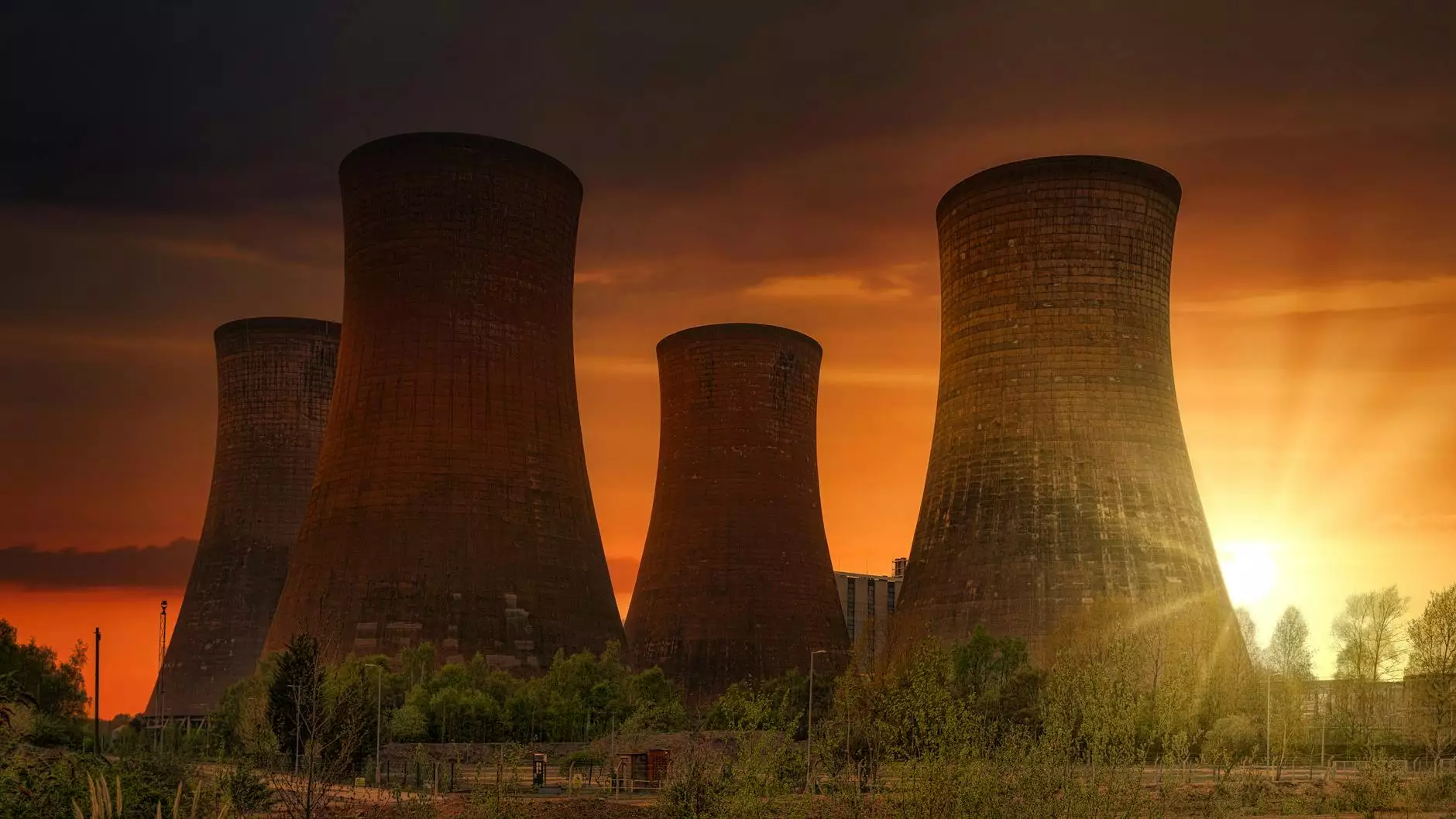The Downside of Nuclear Power in Business

In today's rapidly evolving business landscape, the quest for sustainable energy sources has become a top priority for companies striving to reduce their environmental footprint. While nuclear power has long been hailed as a reliable and efficient energy solution, it is essential to examine the cons for nuclear power from a business perspective.
Environmental Impact
One of the primary concerns associated with nuclear power is its environmental impact. Despite being a low-carbon energy source, nuclear power plants generate radioactive waste that poses a significant threat to the environment and public health. The storage and disposal of this waste present long-term challenges, raising questions about the sustainability of nuclear power in the context of sustainable business practices.
High Costs and Financial Risks
Implementing nuclear power as an energy solution for businesses comes with high initial costs and substantial financial risks. The construction and maintenance of nuclear power plants require substantial investments, making it a less economically viable option compared to renewable energy sources such as solar or wind. Moreover, unforeseen incidents, such as accidents or regulatory changes, can lead to financial instability for businesses relying on nuclear power.
Safety Concerns
The safety of nuclear power plants is a significant concern for businesses considering this energy source. The potential for accidents, such as meltdowns or leaks, can have devastating consequences not only for the environment but also for the reputation and operations of a business. Ensuring the safety and security of nuclear facilities requires continuous monitoring and compliance with strict regulations, adding complexity and costs to business operations.
Public Perception and Stakeholder Resistance
Public perception plays a crucial role in the adoption of nuclear power for business purposes. Negative perceptions of nuclear energy, fueled by past incidents and concerns about safety and environmental impact, can lead to stakeholder resistance and backlash. Businesses may face challenges in gaining public trust and support when associated with nuclear power, affecting their brand image and market competitiveness.
Limitations on Resource Availability
Another consideration when evaluating nuclear power for business applications is the limited availability of uranium, the primary fuel used in nuclear reactors. Unlike renewable energy sources that rely on abundant resources such as sunlight and wind, nuclear power depends on finite uranium reserves, raising concerns about the long-term sustainability and scalability of nuclear energy for businesses.
Regulatory Hurdles and Legal Compliance
The regulatory environment surrounding nuclear power is complex and subject to stringent requirements to ensure safety and environmental protection. Businesses opting for nuclear energy must navigate a web of regulatory hurdles and legal compliance obligations, which can be time-consuming and resource-intensive. Non-compliance with regulations can lead to penalties, legal disputes, and reputational damage, posing additional challenges for businesses.
Conclusion
While nuclear power offers certain benefits such as reliable energy production and low carbon emissions, the cons for nuclear power in the business context are substantial and multifaceted. From environmental risks and safety concerns to financial challenges and public perception issues, businesses must carefully weigh the drawbacks of nuclear power against its potential advantages to make informed decisions that align with their sustainability goals and long-term success.
For businesses committed to environmental stewardship and sustainable growth, exploring alternative energy solutions such as renewables and energy efficiency measures may offer more viable and resilient paths to achieve their objectives while mitigating risk and maximizing positive impact.
Published on Our Power - energizing the future sustainably








